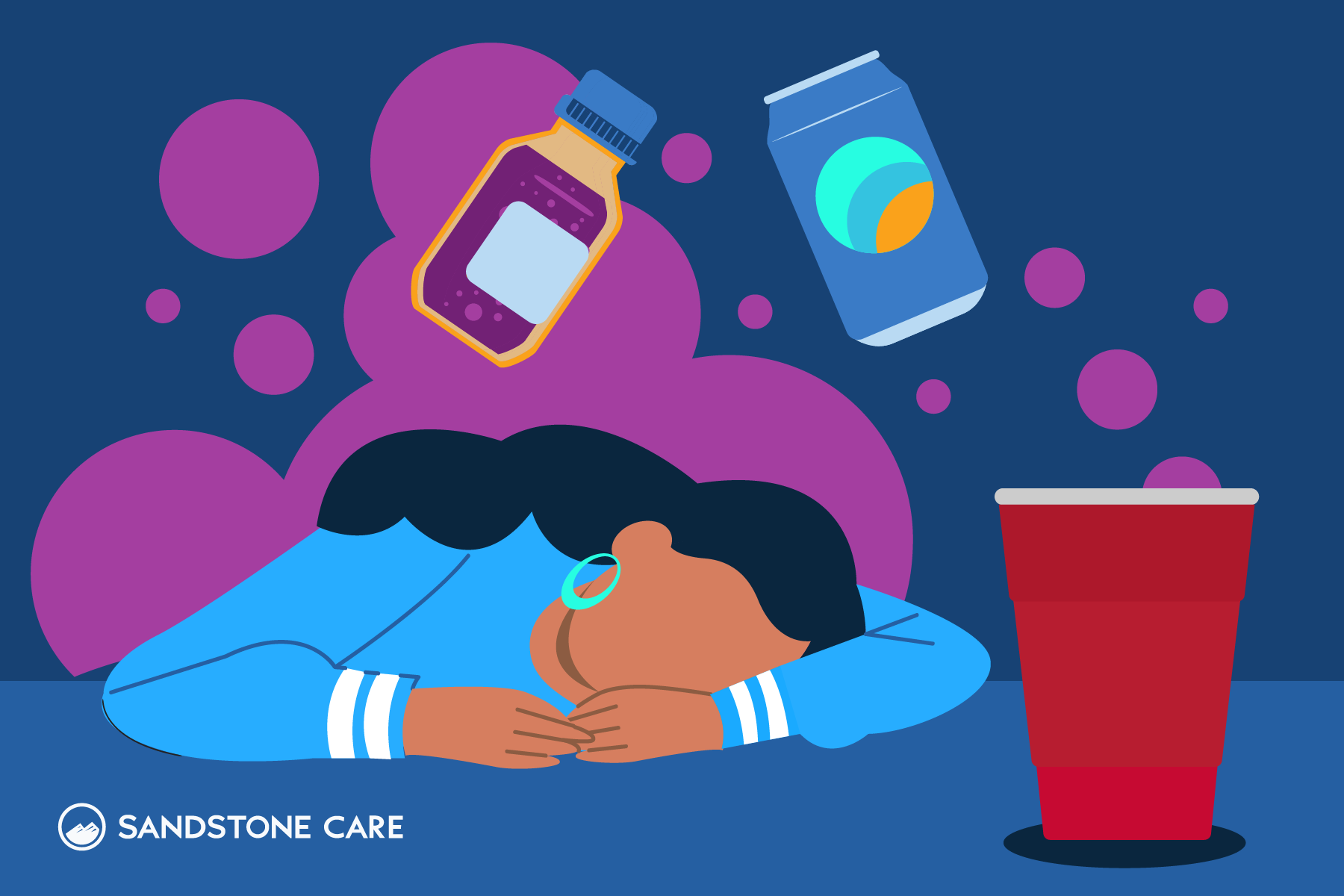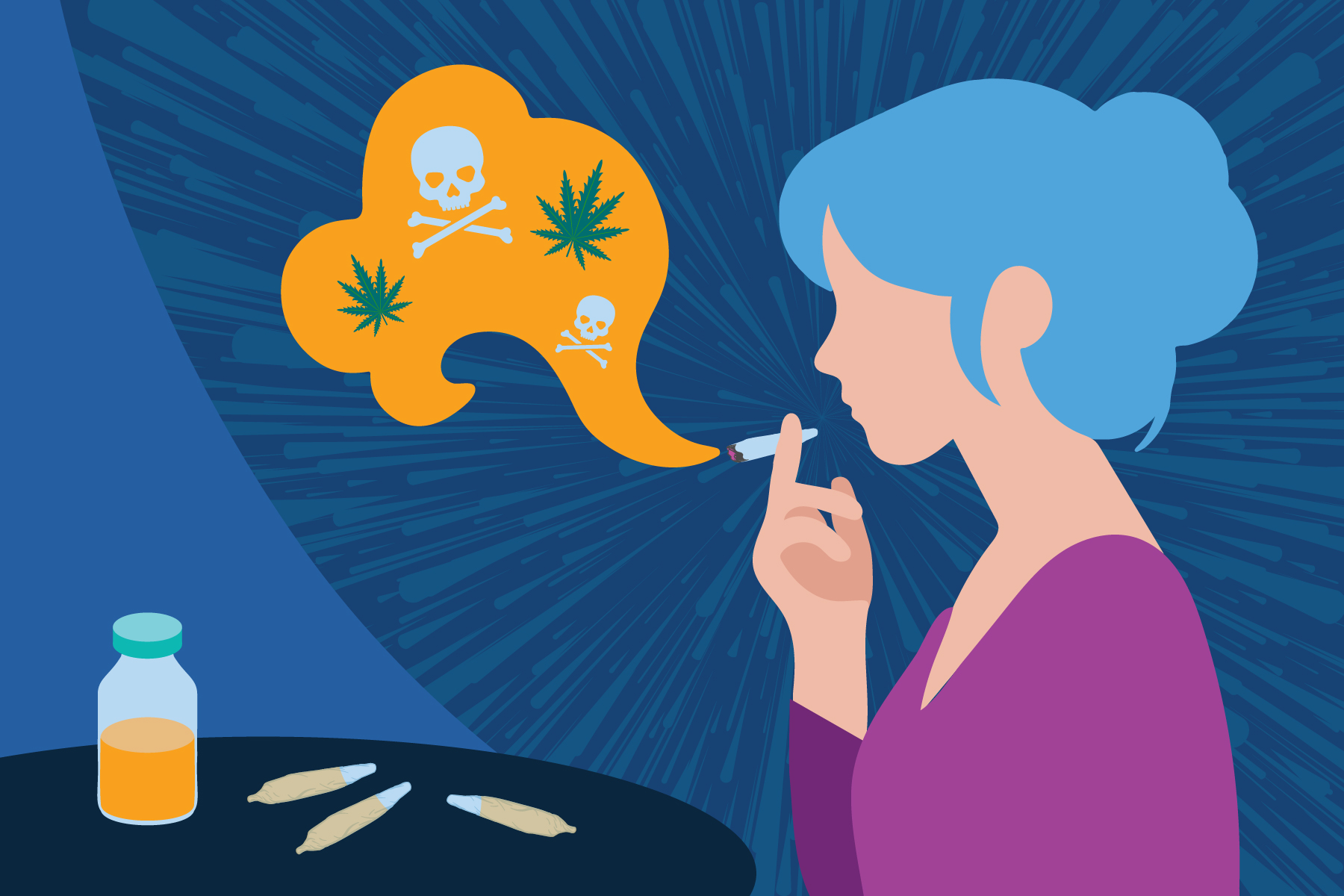US Young Adults & Heroin Abuse Statistics
Although the United States makes up only five percent of the world’s population, we consume almost 80 percent of its opioids. According to the Center for Disease Control, heroin-related overdose deaths increased by more than 500 percent from 2010 to 2016. From 2015 to 2016 alone, heroin fatalities increased by almost 20 percent nationwide.
And concerningly, young adults are at higher risk for heroin addiction than any other age group.
Dangers of Heroin Use
Repeated heroin use can quickly lead to increased tolerance, dependence and addiction. Aside from its high overdose risk, the long-term effects of heroin use are many:
Tolerance, Dependence, Addiction and Withdrawal
Heroin is quickly tolerance-building and extremely physically addictive. With repeated use, users physiologically adapt to its presence in their system and will experience withdrawals once they stop – this is what makes heroin so difficult to quit.
Symptoms of withdrawal include muscle and bone pain, restless legs, chills, diarrhea, vomiting, unease, sleeplessness and irritability. Dependence also frequently leads to addiction, at which point drug-seeking behavior is the focal point of users’ lives and completely out of their control.
Overdose
Sadly, about 10 percent of heroin overdoses are fatal. Heroin causes long periods of extreme drowsiness and slowed breathing – it’s this respiratory depression, not heroin toxicity, that causes fatal overdose. Overdose risk increases when users take other drugs simultaneously; a common practice among heroin users.
Even non-fatal heroin overdoses have severe and long-lasting consequences. Overdose from fentanyl now presents a very real danger for heroin users, due to its increased presence in all street drugs – heroin is commonly laced with counterfeit fentanyl that users may or may not be aware of.
Brain Damage
Heroin overdose deprives the brain of oxygen, which impairs cognition. Over time, continued use changes the brain’s structure and depletes its white matter, which leads to major hormonal and neuronal imbalances.
This negatively affects decision-making, emotion regulation and stress response – all key skills for young adults at this crucial developmental stage.
Gastrointestinal Problems
Opiates like heroin slow down your digestion considerably, resulting in severe constipation. With repeated use over time, this can escalate to issues like hemorrhoids and ruptured bowels.
Repeated heroin use can quickly lead to increased tolerance, dependence and addiction. Aside from its high overdose risk, the long-term effects of heroin use are many:
Symptoms of Heroin Use in Young Adults
Heroin works by binding to the brain’s opioid receptors, which control feelings of pain and pleasure. This results in an immediate euphoric and carefree feeling that peaks around two hours after use and lasts for four to five hours.
Common side effects of heroin
- Dry mouth
- Severe itching
- Nausea and vomiting
- Hot flashes
- Heavy feeling in arms and legs
- Clouded mental functioning
- Blacking out or becoming semi-conscious
More sever symptoms from long-term heroin use
- Insomnia
- Collapsed veins at injection sites
- Damaged nasal tissues
- Infection of heart and valve lining
- Constipation and stomach cramping
- Liver and kidney disease
- Lung complications, including pneumonia
- Sexual dysfunction for men
- Irregular menstrual cycles for women
- Mental disorders such as depression and antisocial personality disorder
How Young Adults Use Heroin
Over the past 12 years, young adults have seen the biggest increase in heroin use. According to the National Survey on Drug Use and Health, the number of Americans who reported using heroin in the past year has been increasing exponentially year after year since 2007.
This trend is being driven by young adults, who as an age group report the largest use increases every year. In addition to the number of people who reported using heroin in the past year, the number of first-time heroin users increased by fifty percent during the 10-year period between 2006 and 2016.
Heroin can be injected, snorted or smoked. There are two main forms are heroin in the United States: pure heroin, a white or brown powder, is the dominant form of heroin found in the Eastern US. Black tar heroin is sticky like roofing tar and is mainly found in the Western US.
Self-Care Corner
Many young adults start using heroin after becoming addicted to prescription opioids. Though it’s commonly believed that prescription drugs are safe because they’re prescribed by a doctor, this is not the case – according to the CDC, past misuse of prescription opioids is the strongest risk factor for starting heroin use.
If you’re taking a commonly abused prescription drug, here are some ways to reduce their risk of addiction:
Make sure you’re getting the right medication Is an opioid prescription really necessary? Ask your doctor about alternative medications or techniques that have less potential for addiction.
Talk your doctor regularly. Take the guesswork out of the equation – talk with your doctor on a regular basis to make sure the medication is working and you’re is taking the right dose.
Follow directions carefully. Make certain that you’re using your medication exactly as prescribed.
Never use someone else’s prescription. Everyone is different. Even if you have a similar medical condition, their medication may not be right for you.
Safely dispose of any unused pills. Too many opioid additions start in the family medicine cabinet. Make sure there are no extra opioids lying around the house – throw away any medication that hasn’t been used by the time the condition has subsided.
Getting Help for Heroin Addiction
If you find someone who has overdosed on heroin, call 911 right away. Paramedics will likely use Naloxone, an opioid antagonist, to counteract the effects of the overdose. Naloxone is also available for at-home use and is recommended as a safety precaution for anyone who uses heroin or lives with a heroin user. Here are some signs of heroin use to watch for:
- Pay attention to changes in behavior such as performance at work or school, general mood and sleeping patterns
- Pay attention to any mentions of drug activity
- Keep communication open, honest and compassionate
- Consult a professional for help
At Sandstone Care, our caring staff has experience helping countless young adults get back on track. We provide a safe, nonjudgmental space for your family to open up about your problems – call us today at (888) 850-1890 to learn how we can help.




